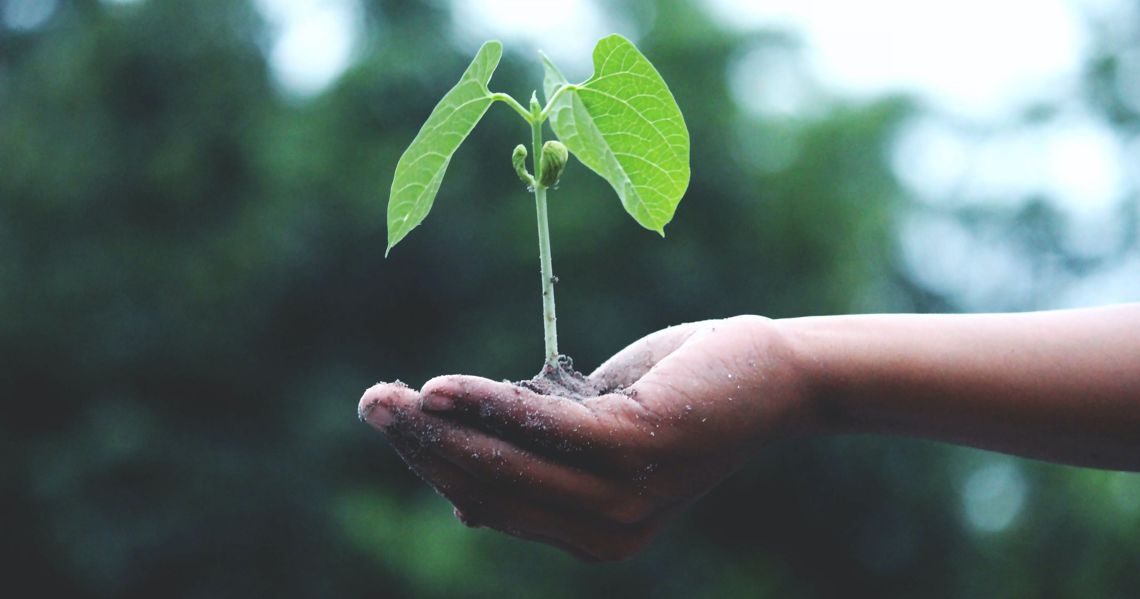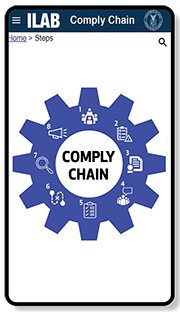Sustainability

Across all sectors of the global economy–for-profit, nonprofit and government sectors– widespread interest in triple bottom line (TBL) accountability has grown since the mid-1990s when Elkington first developed the sustainability framework. Today TBL dimensions are more commonly called the three Ps or 3P: people, planet and profits. TBL is often discussed in the same conversation as other efforts that have similar or overlapping objectives.
✔ Triple Bottom Line (TBL) focuses on the sustainability of people, planet, and profits.
✔ Socially Responsible Investing (SRI) refers to individual investor preferences and values.
✔ Environmental, Social and Governance (ESG) is a methodology that identifies specific environmental, social and corporate governance issues that are financially material for determining and comparing company value.
✔ Corporate Social Responsibility (CSR) refers to any effort to improve a company’s environmental and social impact.
CSR is an internal function; ESG is an external one. CSR programs are internally proposed and executed, measured, continued, discontinued, or reworked. ESG, on the other hand, is a measurement that analysts can use to objectively compare the effectiveness of different corporate efforts to address environmental, social, and corporate governance issues. In the long run, each in their own way has proven to:
✔ improve growth
✔ reduce costs
✔ minimize regulatory and legal intervention
✔ uplift employee productivity, and
✔ enhance investment returns
Our Sustainability Commitment
Planet
Every organization uses energy and resources; every company affects, and is affected by,
the environment. Sustaining our planet and the environment we live in includes monitoring the energy and resources every organization requires to operate — and the waste it discharges, including carbon emissions which impacts climate change.
As a virtual organization, WorldWisePartners is reducing its environmental impact by redefining the need for personal cars, adjusting dependence on airplanes, and establishing a paperless work platform. Moreover, we consistently seek ways to take action on what it means to go green as we follow the mantra to reduce, reuse and recycle. Overall, we educate ourselves and refer to the https://www.un.org/sustainabledevelopment/development-agenda/ and the private sector UN Global Compact, which aligns businesses with the UN environmental and societal goals. Finally, we each strive to make better environmentally friendly and ecologically responsible decisions to our own lifestyles including consuming more plant-based foods and choosing renewable energy for our homes in order to protect our environment and sustain its natural resources for current and future generations.
People
The purpose of WorldWisePartners is to be a catalyst for greater social and business growth. We help optimize human capabilities to impact the bottom line; enriching leadership and work skills, empowering the application of new capabilities to seek opportunities, and encouraging people and organizations to innovate and take thoughtful risks to build long-lasting improvements and benefits.
We consistently address the relationships our company has with clients and vendors, and the reputation we are building with people and institutions in communities where we do business and where we would like to earn business. This includes partner and labor relations, diversity and inclusion, and causes that have particular meaning to us. Because we are so passionate about human growth, the cause with the greatest meaning to us is erasing child labor.
“Child labor refers to the exploitation of children through any form of work that deprives children of their childhood, their talents, their potential, and their dignity, interferes with their ability to attend regular school, and is mentally, physically, socially or morally harmful. This exploitation is prohibited by legislation worldwide.”
One world leader in the fight to eradicate labor abuses is The Office of Child Labor, Forced Labor, and Human Trafficking (OCFT) in the Bureau of International Labor Affairs (ILAB) at the U.S. Department of Labor (USDOL). Since 2000 ILAB has contributed to the global
reduction of 94 million child laborers. According to UNICEF, there are an estimated 250 million children aged 5 to 14 in child labor worldwide, excluding child domestic labor. The proportion of child laborers varies greatly among countries and even regions inside those countries.
WorldWisePartners supports these organizations that are actively engaged in eradicating child labor: https://www.humanrightscareers.com/issues/organizations-end-child-labor/.
Some monitor, track, and report on worldwide child and forced labor to increase awareness. Others remove children from forced labor and provide them missed education. Some offer children protection from exploitation by bringing solutions to communities that can replace forced labor. Others provide training, technical assistance, research, capacity building, social accountability auditing, resources, program planning and design, monitoring and evaluation services to public and private sector, non- government organizations, and international research and development institutions that seek to eliminate the worst forms of child labor around the world. These organizations depend on both government allocations and fundraising.
Profit
- Engage in the worldwide movement to end child labor.
- Follow research on child and forced labor in over 150 countries around the world.
- Identify memberships or partnerships to help strengthen laws, enforcement, policies, and social programs to end child labor.
- Share ILAB’s Comply Chain, the mobile social compliance app for businesses and trade associations to raise awareness of risks and highlight remediation practices to ensure that child labor and forced labor are not in global supply chains.
- Share ILAB’s report summaries to inform clients and consumers of imported products that are made with child labor so they can buy only goods that are consistent with their values.
- Review reports of ongoing monitoring by the independent team of experts called the UN Committee on the Rights of the Child. The United Nations Convention on the Rights of the Child (UNCRC) is a legally-binding international agreement setting out the civil, political, economic, social and cultural rights of every child, regardless of their race, religion or abilities.

